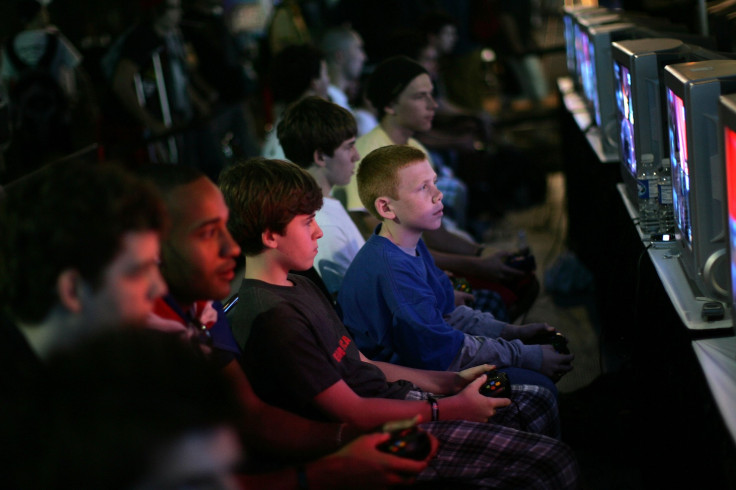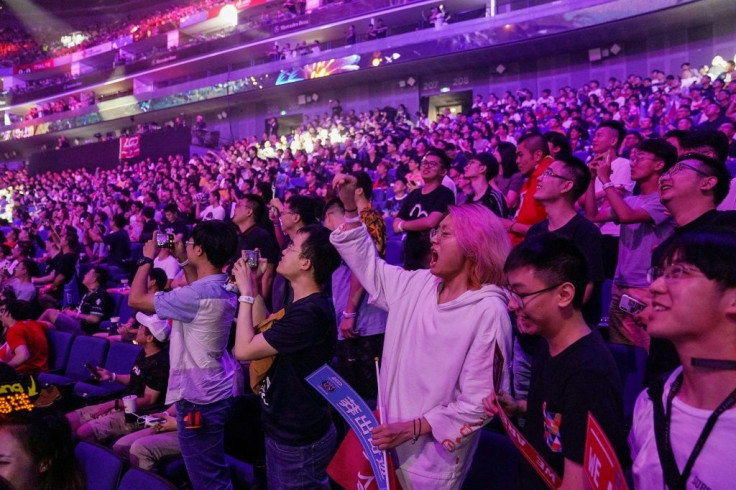Game Gurus Speak Their Mind On Gambling, Addiction And The Future Of Esports
The gaming industry is facing some hefty challenges that is proving to be a bitter pill to swallow. From the perennial addiction to the onset of gaming as a form of gambling, issues like these – and many more – will continue to hound the minds of some of the industry's seasoned names.
GamesBeat head writer Dean Takahashi recently moderated a “raucous but intelligent debate” that touched on some of hot topics that surround video games. Call it controversial, but yes, some of these are quite notorious as the once innocent pastime is now involved with sensitive matters.
VentureBeat's transcription on the debate started with a discussion on loot boxes. Also called as “prize crates,” these are consumable items that players use in a lot of ways including, but not limited to, customizing their avatars or chancing upon a “game-changing equipment such as weapon or armor.”
Gaming hot topics debate: loot boxes, addiction, parental advice, esports hype, and store wars https://t.co/ujen1oIUPG via @VentureBeat
— Dean Takahashi (@deantak) September 8, 2019
What made loot boxes a concern is that some players are actually spending a ton of money to purchase these boxes. This is where investment and gambling concerns kick in.
Wedbush Securities video game analyst and self-proclaimed “recovering lawyer” Michael Pachter pointed that the law is suggesting that gambling “requires a wager” and that buying a loot box means that a gamer will have to spend money.
“They said that if you win a chance to play the game longer – in a slot game you win more coins in loot boxes – then that has value,” Pachter argued in response to what “one court” said about these items.

However, he retorted that if a game “doesn't allow” players to sell the items that they won in a loot box, there's a “very strong legal argument” that they didn't gamble.
Jim Ying countered that buying loot boxes is a form of gambling due to some players associating it with “free-to-play and free-to-play mechanics.”
“It is a digital good when you know what you're buying, just like when you buy a physical good,” said Ying, Managing Director for Digital Entertainment at CV Capital.
Going along this line, Ying proposed that it's another thing when players spend money on something that they have no idea what it's going to be. He said that it's like when someone goes to a casino “and roll the dice.”
“Theoretically,” they know the odds. In some cases, they will go and find out what the odds. Some of the games that offer loot boxes – or gacha boxes – on the other hand won't tell the players what's inside the box.
As for video games as an addiction, journalist Mike Futter opined that kids will not be diagnosed with some sort of addiction, may it be gambling, substance, or in this case, video games. But parents can “identify early in their life that they're prone to addiction.”
Futter also went on to discuss that there's an ongoing “misunderstanding” that if someone plays video games for extended periods of time means that they're addicted.
“I can play, 20, 30, 40 hours a week as long as I get everything else done in my life. I take care of my relationships. I take care of my pets. They eat twice a day.”

As for Ying, parents who think that their kids are addicted to video games come as a “substantive competitors to real-life activities” such as playing outside with their friends. Pachter added that modern games require players to be social and be on the same pane with other players to finish a title.
“I think it's just a choice of how you want to spend your time,” Futter said, who also confirmed that there are indded people who are addicted to video games, or have “addictive tendencies, while some are just “excited about a particular game.”
Esports on the other hand will be a giant phenomenon, according to Pachter. He compared Twitch to ESPN where all kinds of sporting disciplines are televised, but not all people watch them.
“You don't watch golf if you're not a golfer. You might watch tennis because it's easy to understand.”

No matter how big esports will be in the future, Pachter doesn't see it to replace real sports like football or soccer. For him, developers have yet to create a game with “universal appeal,” something that people of all walks of life would understand or everyone wants to watch.
“There isn't going to be a game for a very long time that's as big as NFL football or international soccer for real people to watch. I can't think of that game yet. I'm not going to watch people playing Candy Crush.”
© Copyright IBTimes 2025. All rights reserved.





















